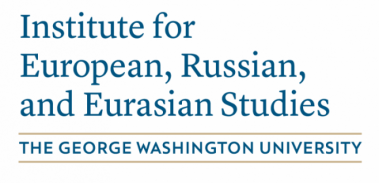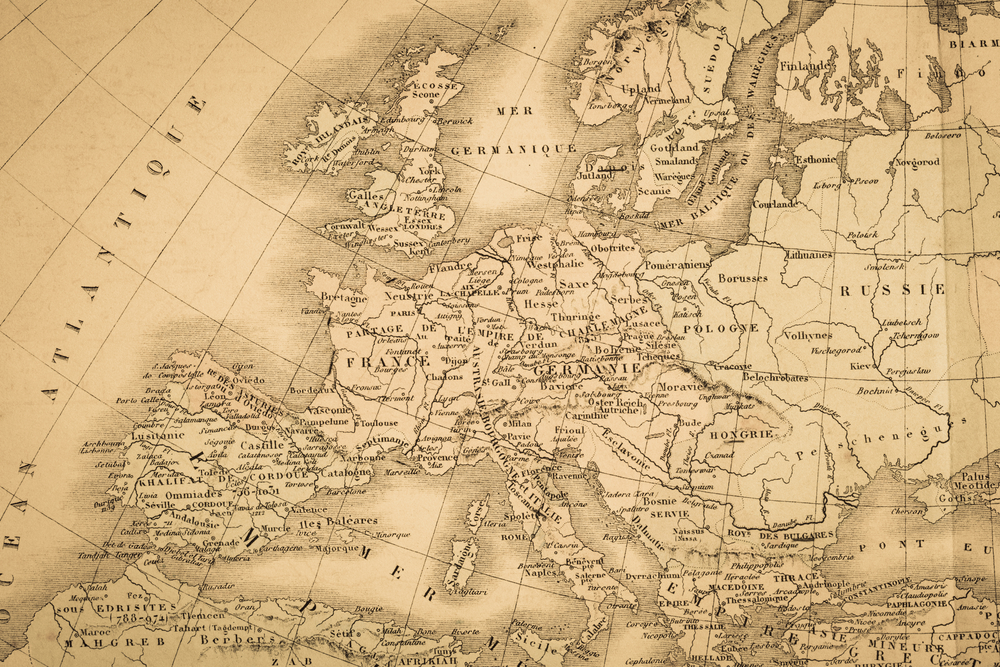Imagined Geographies of Central and Eastern Europe: The Concept of Intermarium

Like the proverbial cat, some concepts have several lives. Or, like the mythological phoenix, they can be reborn from the ashes. This is certainly the case of the Intermarium, a geopolitical concept that envisaged an alliance of countries reaching from the Baltic Sea over the Black Sea to the Aegean Sea that would serve as a third power bloc between Germany and Russia.

The Intermarium belongs to the long genealogy of geopolitical concepts looking for and promoting a Central and Eastern European unity: sandwiched between a Mitteleuropa under German leadership in the nineteenth century and a Near Abroad under Moscow’s supervision after 1991, the “middle of Europe” or the “land between the seas” has been searching for historical models in everything from the Jagellonian dynasty and the Polish-Lithuanian Rzeczpospolita to the Austro-Hungarian empire. Launched by Polish state leader Józef Piłsudski in the 1920s, the idea of a Międzymorze (the Land between the Seas, latinized as Intermarium) has since been regularly revived in evolving contexts and finds itself reactivated today. In its current form, it refers to the Central and Eastern “new Europe” dear to George Bush, Donald Rumsfeld and now Donald Trump, celebrated for being more pro-Atlanticist than the Western “old Europe,” which is seen as being too conciliatory with Russia. The Intermarium has also, gradually, come to comprise a conservative Central and Eastern Europe that sees itself as the “other” Europe—that is, opposed to the European Union—and advances a conservative agenda sometimes permeable, as we see in the Ukrainian case, to far-right ideological schemes.

Available in:
Regions and themes
Share
Download the full analysis
This page contains only a summary of our work. If you would like to have access to all the information from our research on the subject, you can download the full version in PDF format.
Imagined Geographies of Central and Eastern Europe: The Concept of Intermarium
Related centers and programs
Discover our other research centers and programsFind out more
Discover all our analysesDeathonomics: The Social, Political, and Economic Costs of War in Russia
The report attempts to outline and examine a truly new phenomenon in Russian society, dubbed “deathonomics”—the making of a mercenary army against the backdrop of the Kremlin’s war in Ukraine, eventually replacing both the Soviet (conscript) and early new Russian (contract) armies. It notes that, by the end of 2023, this trend had turned the military service into one of the highest-paying professions in the country, something not seen in Russia on such a scale since the late 17th century.
Russia's Asia Strategy: Bolstering the Eagle's Eastern Wing
Among Russia’s strategic priorities, Asia traditionally played a secondary role compared to the West. In the mid-1990s, then Foreign Minister Yevgeny Primakov initiated a rapprochement with China and India. Then, in 2014, deteriorating relations between Russia and the West prompted Moscow to begin its “great pivot to the East”.
Kazakhstan After the Double Shock of 2022: Political, Economic and Military Consequences
The year 2022 represented a dual shock for Kazakhstan. In January, the country faced its most severe political crisis since independence, followed in February by Russia’s full-scale invasion of Ukraine, which cast uncertainty over the borders of post-Soviet states. These consecutive crises profoundly shaped Kazakhstan’s domestic and foreign policy.

How the Russian Army Changed its Concept of War, 1993-2022
The traditional and high-intensity war that has occurred in Ukraine since Russia decided to invade raises a key issue: did post-soviet Russian strategic thought really prepare Russia for waging this war?










